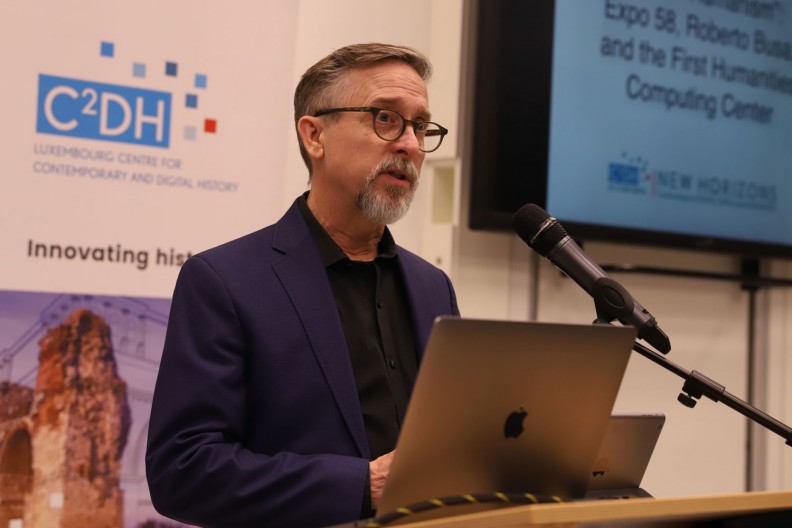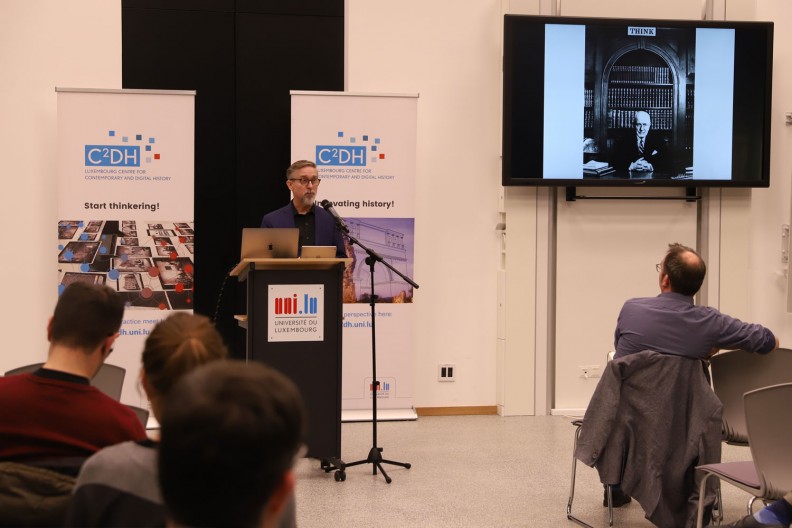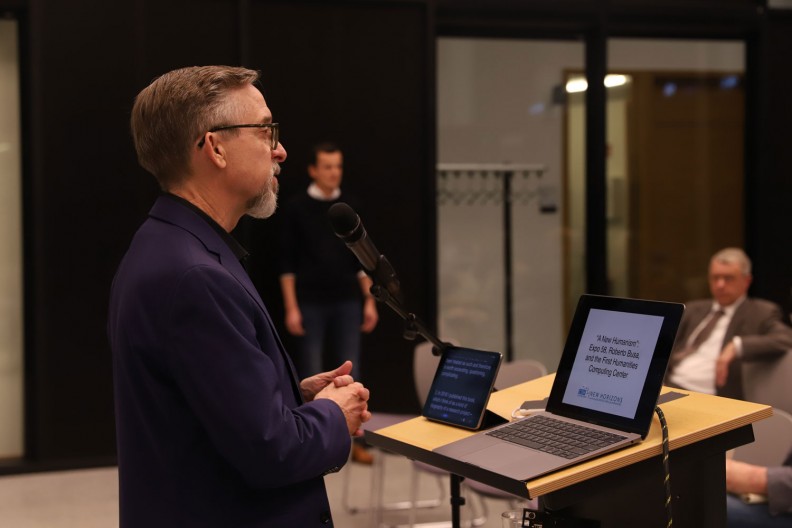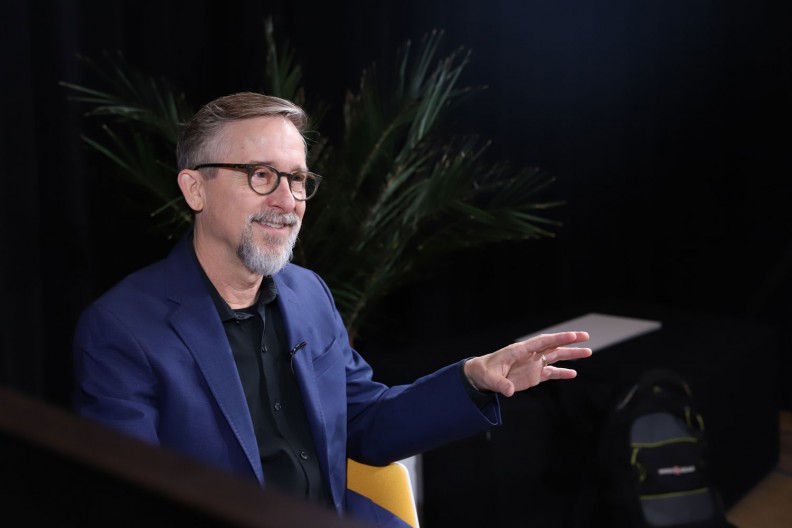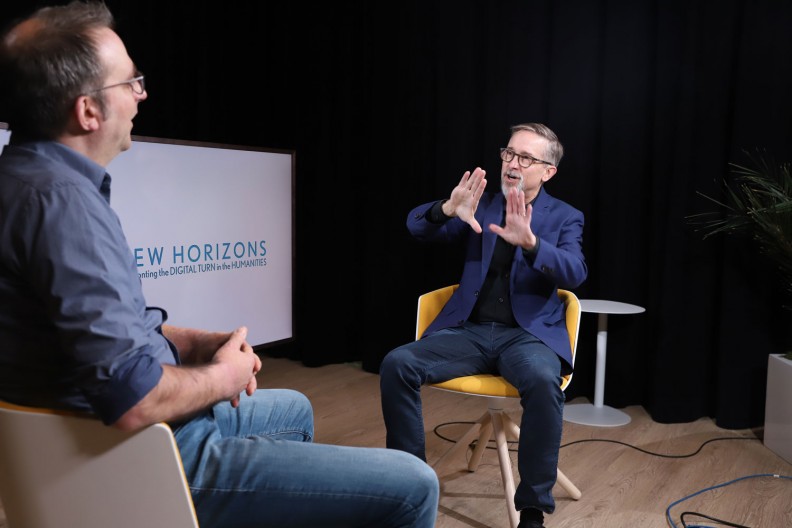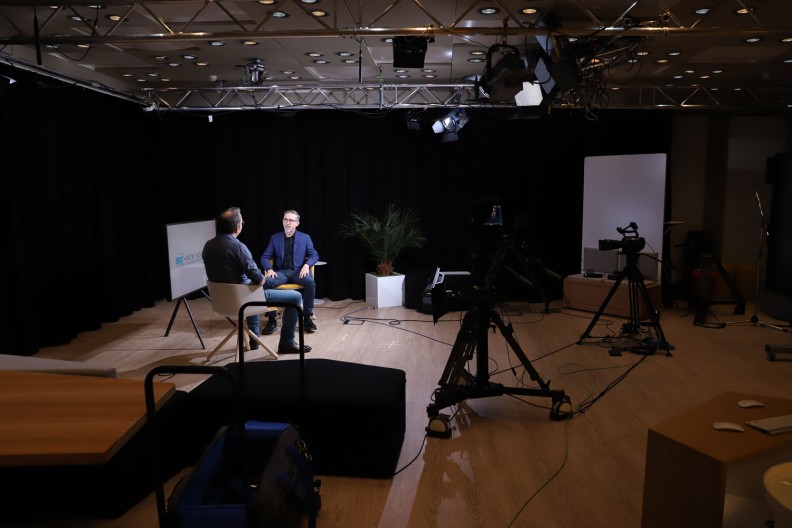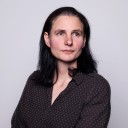In 1949, the Italian Jesuit scholar, Father Roberto Busa, S.J., persuaded IBM to provide technical and financial support for an ambitious research project: the production using punched card machines of the massive Index Thomisticus. Just over a decade later, Busa had successfully established CAAL, the Centro per L’Automazione dell’Analisi Letteraria (the Center for the Automation of Literary Analysis)—arguably the first dedicated humanities computing center—in a former textile factory near Milan. CAAL was the product of postwar reconstruction, nascent multinationalism, cold-war ideology, and Jesuit culture, as well as the research questions that gave rise to it in the first place. In 1958 Father Busa presented his work in the IBM pavilion at the World’s Fair in Brussels, Expo 58, the official motto of which was “A World View: A New Humanism.” The ambiguities and entanglements behind that demo help us to understand the emergence of Busa’s legendary Center, and shed light on at least one influential prehistory of today’s digital humanities.
Recording of the conference
Interview
In this interview led by Gerben Zaagsma, Steven Jones talks about his career and training in textual studies. Because of his specific interest in the materiality of texts in archives, he soon became interested in the relationship of the physical and the digital as a theoretical problem and methodological issue. He then talks about the myth of Roberto Busa as “founding father of digital humanities” which he sets out to complement with history. He comments on Busa’s work with IBM and on the young female punched card operators that worked in the first institutional digital humanities centre that Busa created. Jones is currently working on a project to reconstruct and model the centre and the work that was done there. To conclude, he offers his comments on the directions digital humanities might take on in the future.
Biography
Steven Jones is DeBartolo Chair in Liberal Arts and Professor of English and Digital Humanities. Before coming to USF in 2016 he was Distinguished Visiting Professor at CUNY Grad Center in New York for 2014-2015, and he taught at Loyola University Chicago for 28 years, where he was Founding Co-Director of the Center for Textual Studies and Digital Humanities. He's the recipient of the Distinguished Scholar Award from the Keats-Shelley Association of America in 2013, Editor of the Keats-Shelley Journal (1993-2004) and Vice President of the Keats-Shelley Association of America (2004-2013), Founding Steering Committee and Executive Board member of NINES (the Networked Infrastructure for Nineteenth-Century Electronic Scholarship), and co-creator and General Editor of the Romantic Circles Website. He has taught and conducted research in British Romantic literature, textual studies, and digital humanities, and is author of numerous essays and books, including (with co-author George K. Thiruvathukal), Codename Revolution: The Nintendo Wii Platform, Platform Studies series (MIT Press, 2012), The Emergence of the Digital Humanities (Routledge, 2014), and Roberto Busa, S.J. and the Emergence of Humanities Computing (Routledge, 2016). He is Principal Investigator on a 3D-modeling and archiving project, “Reconstructing the First Humanities Computing Center” (supported by a Level II NEH Digital Humanities Advancement Grant, 2017-2019), and is founder and Faculty Coordinator of the USF DHLabs, a shared space for collaborative research in the humanities.



